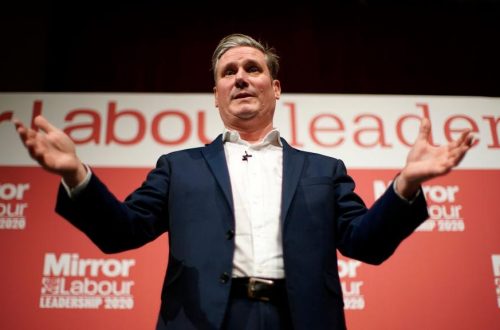There is no prospect at all that selective education will be brought back, not even by the Tories. It is regarded as elitist and improper to separate students by ability, and to place them into different institutions. The proponents of selective education used to argue that the old grammar school system offered clever students from poor backgrounds the opportunity to climb the economic ladder into the professional middle classes. That many be true: but it this argument cuts little ice, politically.
By contrast, it is considered to be wholly proper that Universities should compete with each other to pick the very best students. However, if students from poor backgrounds are not going to university in sufficient numbers, then that is considered by Lord Mandelson to be a huge social issue that requires urgent political action.
He sees such changes not as positive discrimination but as a policy at the heart of Labour’s drive to improve social mobility in Britain.
Have a look at some of the techniques used to widen access to university:
St George’s programme has helped it to raise the proportion of its students coming from state schools from 48% to 71.2% since 1997.
…
The standard offer for medicine courses is three As at A-level, but candidates can receive offers of two Bs and a C if they outperform their school average by 60%. This favours bright pupils at low-performing schools.
…
A scheme at King’s College London adds a catch-up year to its medicine programme for 50 low-income comprehensive pupils admitted annually from London and Kent on reduced A-level offers.
At Leeds, the third scheme, application forms will be automatically flagged from this autumn if they come from postcodes where few people go to university or from schools where fewer than 45% of pupils score five good GCSEs.
Under the scheme, which is already in operation for comprehensive applicants from Yorkshire, successful candidates whose forms have been flagged up will be eligible for offers of two grades below the standard — for example, ABB rather than AAA — as long as they pass an introductory course at the university.
These policies proceed on the basis that, compared to private schools with selective admissions policies and scholarships which “cream off” the brightest, the state secondary education system is a relative failure. These Universities are trying to compensate for the expectation that clever children will not have been taught properly in many comprehensive schools.
It strikes me as odd that there should be such strong opposition to selective admissions policies and social engineering in secondary education, but such enthusiasm for it when it comes to Universities.


